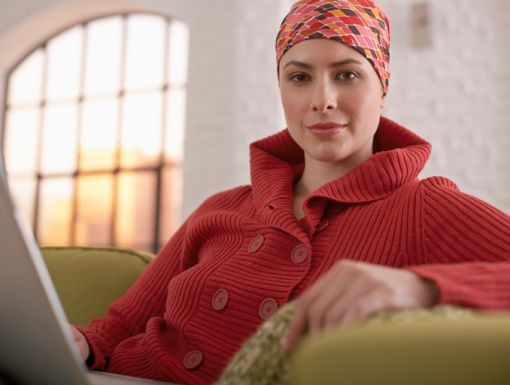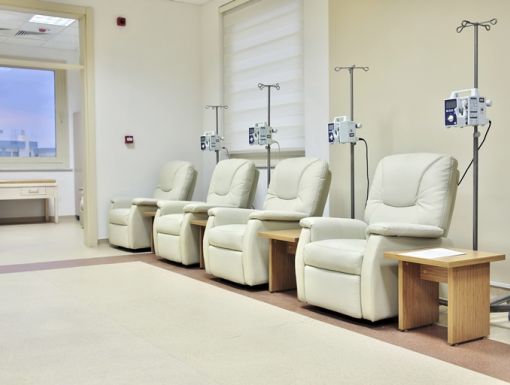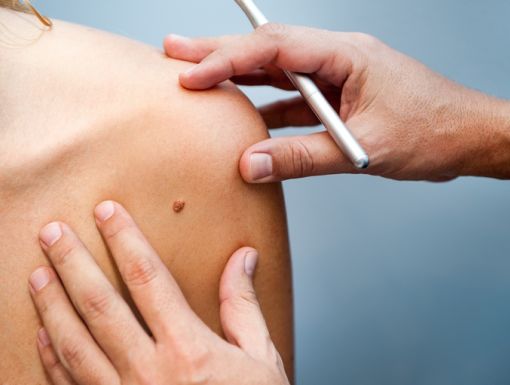
Chemotherapy and the Sun
As the mercury rises and summer approaches, it’s important to keep in mind that the picnics, pools, and parties can be a great chance to visit with friends and family. But for those who are undergoing certain forms of chemotherapy, their skin is more prone to be sensitive to the sun.
This “photosensitivity” occurs because agents in chemotherapy are radiosensitizers, which help make the treatment more effective, but also can increase the body’s sensitivity to the sun’s UV rays. Your body’s reaction to treatments may present challenges but planning ahead can make your time in the sun safer and more enjoyable.
- Hydrate. Hydrate. Hydrate.
Drink plenty of fluids such as water, fruit juices, smoothies and sports drinks to replenish your body’s electrolytes. Try to avoid alcohol. - Avoid mid-day sun exposure.
Try to limit your time outdoors between 10:00 a.m. and 3:00 p.m. when the sun’s rays are the most intense. - Lather up.
Ask your oncologist which sunscreen he or she would recommend. Some sunscreens work better than others, and the chemicals in some sunscreens may be irritating to your already sensitive skin. Make sure to use a “broad-spectrum” sunscreen with an SPF of 30 or higher and reapply often—every two hours or more, especially after sweating or swimming. And don’t forget your lips! Use a lip balm with SPF for protection. - Cover up.
Don’t rely on sunscreen alone. Dress for sun protection and bring portable shade such as an umbrella if possible. Wear long-sleeved, loose fitting clothing made of cotton or natural fibers to cover sensitive areas of your body and sunglasses with UV protection. - Protect your head.
If you’ve lost your hair due to chemo, wear a wide- brimmed hat or cotton scarf to protect your scalp, neck, ears and face.
If you are being treated for cancer, you are more susceptible to heat-related issues. Make every effort to stay cool and hydrated, and be aware that the combination of sunshine, high temperatures and medications may cause photosensitivity reactions to arise quickly—possibly more quickly than you expect.
Being aware of your how you are feeling, and having a plan in place in case of emergency, can help to make the time spent outdoors more pleasant.



